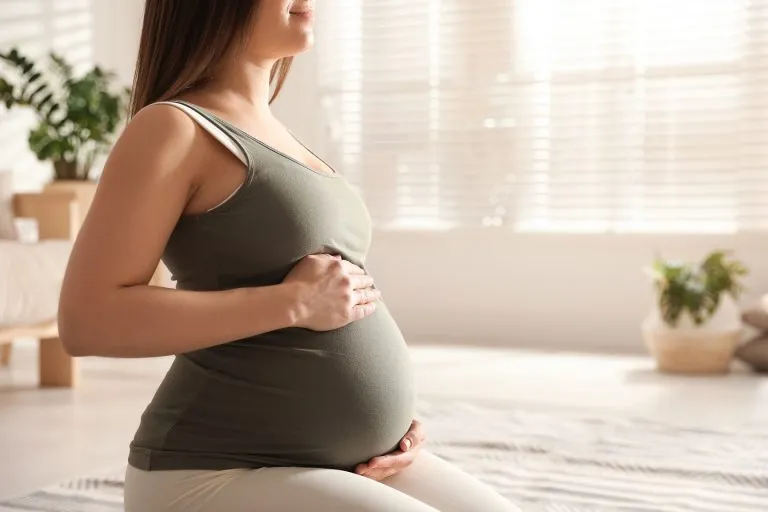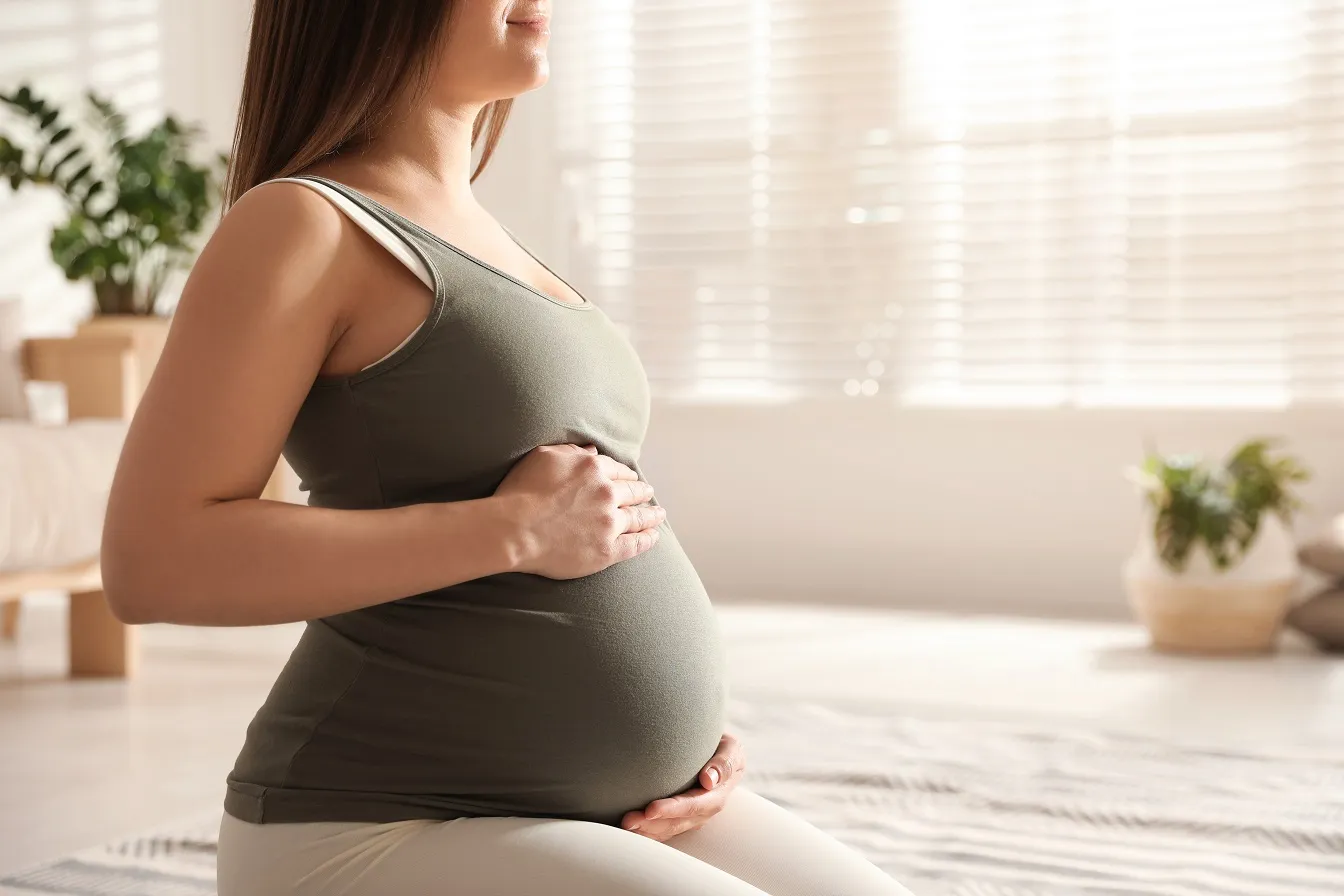Currently, the condition after organ transplantation is not a contraindication to pregnancy. Such a pregnancy, however, requires particularly specialized care. What are the risks of pregnancy after transplantation?
Pregnancy after transplantation-when
Pregnancy after organ transplantation should be properly prepared. Such a pregnancy is classified as high-risk and requires appropriate preparation and subsequent management. This is due to the immunosuppression necessary for the body to tolerate the transplant, which makes it difficult to maintain a pregnancy. Medications such as, among others, should also be discontinued early. Mycophenolate mofetil or angiotensin-converting enzyme inhibitors, used to treat hypertension. They can cause the occurrence of defects in the fetus, so it is considered that they should be discontinued 6 months before the planned pregnancy. Female organ transplant patients are advised to use effective contraception until they are on maintenance doses of immunosuppressive drugs.
Pregnancy after transplantation- risks
Pregnancy after transplantation is a high-risk pregnancy. Women who have undergone organ transplantation have a higher risk of hypertension, cesarean section, infection, pre-eclampsia or gestational diabetes, among other conditions. Miscarriages and premature births are also more common. Rejection of the organ may also occur.
In addition, the risk of infections such as cytomegalovirus, parvovirus and toxosplasmosis, which are extremely dangerous to the developing fetus, is higher in post-transplant pregnancies.
Moms-to-be after organ transplantation are also more likely to suffer from anemia, which must be treated with iron preparations and, in the most extreme cases, blood lupus.
Pregnancy after transplantation- course
Post-transplant women are advised to measure their blood pressure and weight regularly during pregnancy. There should also be constant visits to the transplantologist in addition to visits to the gynecologist. It is important to control laboratory parameters and, for example, urinary protein loss. There should also be regular ultrasound examinations and monitoring of antibody levels for CMV, toxoplasmosis or HSV.
Pregnancy after transplantation- childbirth
The condition after organ transplantation alone is not an indication for a cesarean section. It is important that patients in the perinatal period receive antibiotic prophylaxis and an increased sanitary regime. The decision related to the route of delivery is made by gynecologists based on the current obstetric situation. Wanting to avoid transplant rejection after childbirth, a woman’s glucocorticosteroid intake should be increased.
It is important that transplant patients receive specialized care and give birth in hospitals with the highest level of referral that have experience with such pregnant women.
Read more:
Medications during pregnancy
Rate this article:











